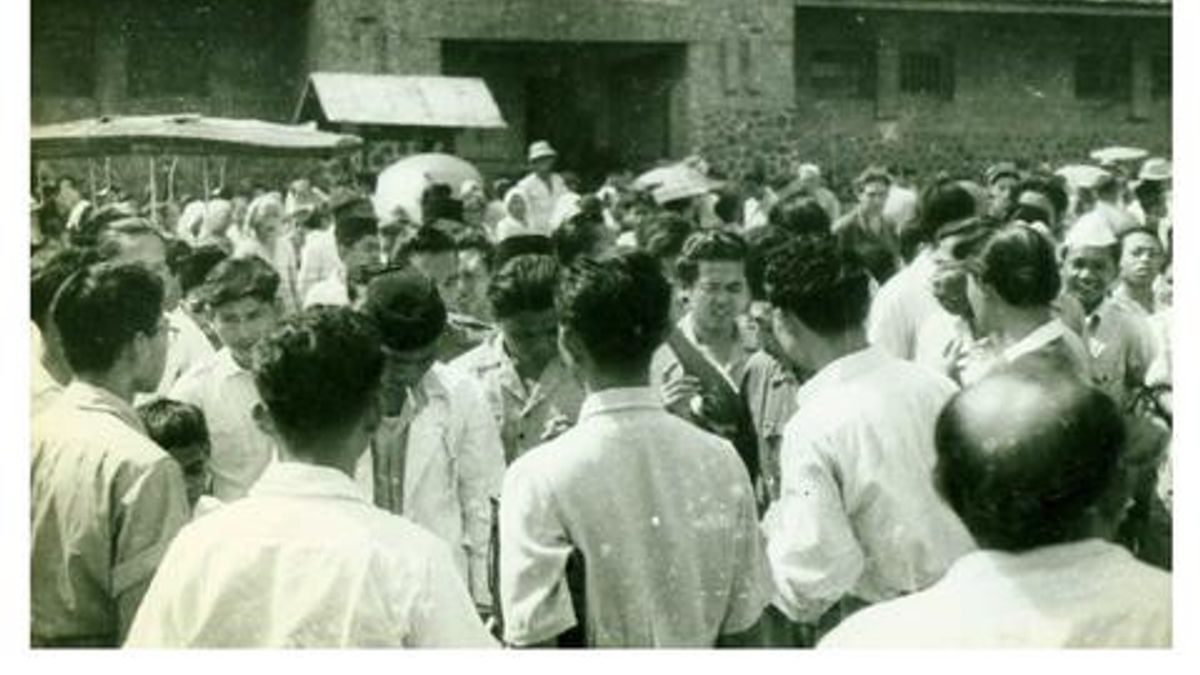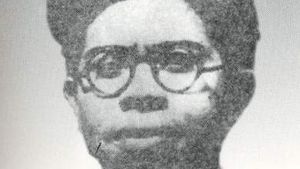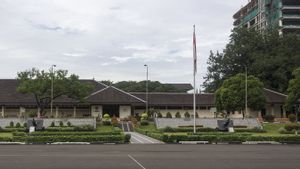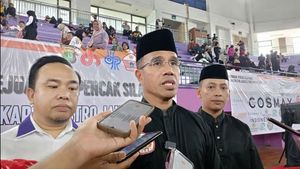JAKARTA - Today 76 years ago, or February 25, 1946 to be exact, the Dutch released a political prisoner from Huis van Bewaring Struiswijk, now the Selemba Prison in Jakarta. The release was carried out because several prisoners were not proven guilty. Previously, the Netherlands with the flag of the Netherlands Indies Civil Administration (NICA) wanted to dominate Indonesia for the second time. He arrested those who were considered to be endangering the existence of NICA. The goal was to lobby them to side with the Dutch.
The proclamation of Indonesian independence was considered lonely by the Dutch. In fact, the proclamation is considered as a way to colonize the archipelago for the second time. The Netherlands also tactics. Terror is the main lesson. Therefore, the landing of troops under the banner of the Netherland Indies Civil Administration (NICA) was carried out on a massive scale.

The arrival of the NICA troops also accompanied the allied troops, the British. The actions of the Dutch are proof that they have a desire to overthrow and return Indonesia to the status of a colony.
Since then the atmosphere in Jakarta has become tense. The Bumiputras were reluctant to pass through the NICA soldiers' posts. Because, guilty or not, imprisonment and torture are certain things to get. Moreover, NICA soldiers often show their cruelty in public.

Not only that, but Nica also targeted youth fighters for independence. They were targeted and taken to prison. This was done so that the Dutch could lobby young people. To side with the Dutch, he thought.
“Besides acts of violence, NICA is carrying out political gossip to attract the hearts of the Indonesian people, to side with the Dutch. Van Der Plas was active in making contact with Indonesians who took part in the Dutch underground movement against Japan such as Binnenlands Bestuur (Dutch officials), Pangreh Praja (colonial-era civil servants), and from the Politieke Inlichtingen Dienst (Political Intelligence Service)," closed Rosihan Anwar in the book Sejarah Kecil “Petite Histoire” Indonesia Jilid 7 (2015).
*Read other information about HISTORY or read other interesting articles from Detha Arya Tifada.
VOIR éGALEMENT:
The English, Chinese, Japanese, Arabic, and French versions are automatically generated by the AI. So there may still be inaccuracies in translating, please always see Indonesian as our main language. (system supported by DigitalSiber.id)














